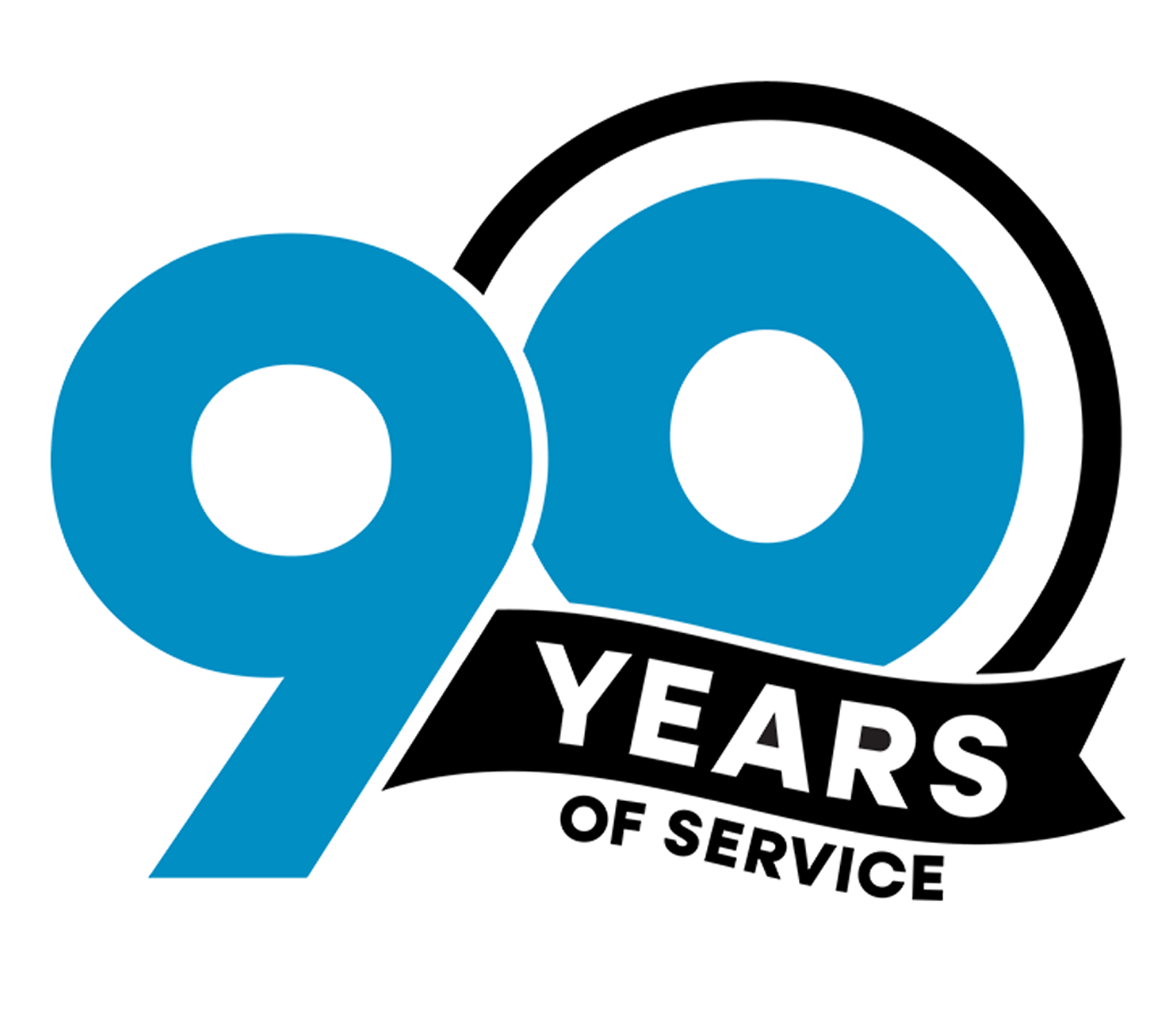Hard truth: vacations are expensive. Whether traveling alone or packing the whole family into the car, the costs add up quickly. In fact, recent studies have shown that the average cost for one person to take a one-week vacation in the U.S. is $1,800 to $2,500. (Of course, costs will vary tremendously depending on your destination, the accommodations, and other factors.) That said, if you are on a budget this summer, there’s no need to stay stuck at home on your couch. Savvy travel strategies are key to surviving summer travel on a budget. Above all, stay flexible. It also helps if you are willing to get a little creative and keep an open mind.
Here are some travel strategies to help you vacation for less:
1. Set a budget…and stick to it.
When it comes to saving money, the most important travel strategy is a basic one. Set a budget. Being frugal is sometimes as easy as being mindful of spending, but having a daily budget helps you know your limits. Designate the amount you want to spend for your whole trip and divide it by the number of travel days. For example, a budget of $250 a day (including food, shopping, transportation, and activities) will keep you under the average cost ($1,800 to $2,500) of travel in America.
2. Consider off-peak travel times.
Traveling during the off-peak season can mean cheaper flights, cheaper hotels, cheaper admission to attractions, and fewer other travelers to contend with. But there are some cons to consider—especially in areas where inclement weather is a major off-season deterrent. If you choose to travel in areas where hurricanes or monsoons are in season, purchase travel insurance to cover you against disruptions or cancellations. It’s also a good idea to research the places you want to visit before you go. Some attractions, parks, restaurants, and resorts are closed during slower seasons.
3. Skip the touristy spots.
The hot tourist spots in most cities are priced at a premium because most travelers are willing to pay a pretty penny for the experience. Seek out advice from locals about where to dine and what to do. If you don’t know any locals (or are too shy to ask), explore different neighborhoods (outside of downtown) and read local dining reviews for clues about where the locals hang out. Follow their lead for fun, less expensive, and more authentic experiences.
4. Be flexible.
Assuming you are not locked into specific travel dates, the best way to save is to watch for deals on flights and hotels and snag reservations when the rates are lowest. Traveling over midweek days—like a Tuesday or Wednesday—is often significantly cheaper than traveling during the weekend. It is also sometimes cheaper to fly in the early morning or late at night if you don’t mind losing sleep. If you also can be flexible about your destination—even better. Go where the deals are.
5. Stay on the ground.
Air travel is more expensive during the summer months. So, if it is feasible, take a road trip instead. Yes, gas is still pretty expensive, but if you can split the cost (and driving responsibilities) with your travel mates, you could save hundreds. Alternatively, if you are not traveling far, train or bus tickets may be more affordable than air travel.
6. Consider alternative accommodations.
The term “alternative accommodations” encompasses anything that is not a hotel—and they are often a lot cheaper. This includes vacation rentals (like Vrbo, Vacasa, and Airbnb), home exchanges (like in the 2006 movie The Holiday), hostels, RV parks, yurts, campgrounds, and more. By thinking outside the box—or in this case, the hotel room—you could save a lot of cash and have a unique travel experience.
7. Go au natural.
No, we’re not talking about leaving your travel wardrobe at home (although that could save you a lot of money). We are talking about camping. By pitching a tent in the great outdoors, you can disconnect from distractions, commune with nature, and save money. In fact, in Oregon, we are fortunate to have plenty of places to camp for free—like Deschutes National Forest, Umpqua National Forest, and Mt. Hood National Forest to name a few. Visit the U.S. Forest Service website and click on the Visitor Map to find individual national forests and other federally protected areas in Oregon and Washington where camping is allowed.
8. Plan ahead for meals.
Besides lodging, food is one of the biggest costs to consider when traveling. Look for lodging that includes free breakfast or, if you are staying somewhere with a kitchen, shop at local markets and cook your own meals. To save a lot while eating out, consider dining during lunch hours. Many establishments offer more affordable prices for the same dishes offered during dinner hours. You can also save a lot by asking the locals for recommendations and researching cheap eats (like diners, fast casual restaurants, or local dives).
9. Take advantage of discounts.
Each year, almost half of the travel discounts offered by credit card companies, hotels, airlines, and organizations go unclaimed because people simply forget to use them (or don’t schedule accordingly). Before you hit the road, check out what deals are available to you. Join AAA for discounts on hotels, car rentals, attractions, and events, or check out the discounts offered to Costco members. AARP members are also eligible for several travel discounts as are students, teachers, military personnel, and first responders.
10. Consolidate your spending.
To keep your spending in check, choose one credit card to use while traveling (but travel with at least two cards in case of mishaps). To earn while you spend, use a card that offers rewards—like our Cashback Mastercard which gives you 1% cash back on every purchase with no limits on the amount of cash back you can earn. Or, if you are a regular traveler, check out our World Mastercard, which offers double ScoreCard Reward Points on air travel, hotel stays, car rentals, and dining. Points can be redeemed for merchandise, airfare, hotels, travel packages, and more.
11. Spring for insurance.
It’s not the sexiest of travel strategies, and spending money just to save money may seem counterproductive. However, travel insurance is a lifesaver if things go wrong on your trip. What could go wrong? Anything from minor inconveniences (like missed flights or lost baggage) to major issues like injuries or illnesses. There are many forms of travel insurance, but typically you will be looking for Trip Cancellation, Trip Interruption, or Cancel for Any Reason (CFAR) insurance. Trip Cancellation Insurance can cover your prepaid, nonrefundable reservations (such as flights, hotels, cruises, etc.) if your trip is canceled due to an unforeseen event. Trip Interruption coverage is a post-departure benefit that can offer coverage if you have to miss a portion of your trip or return home early due to extraordinary circumstances. CFAR insurance, as the name implies, can offer partial reimbursement if you need to cancel a nonrefundable trip for any reason.

